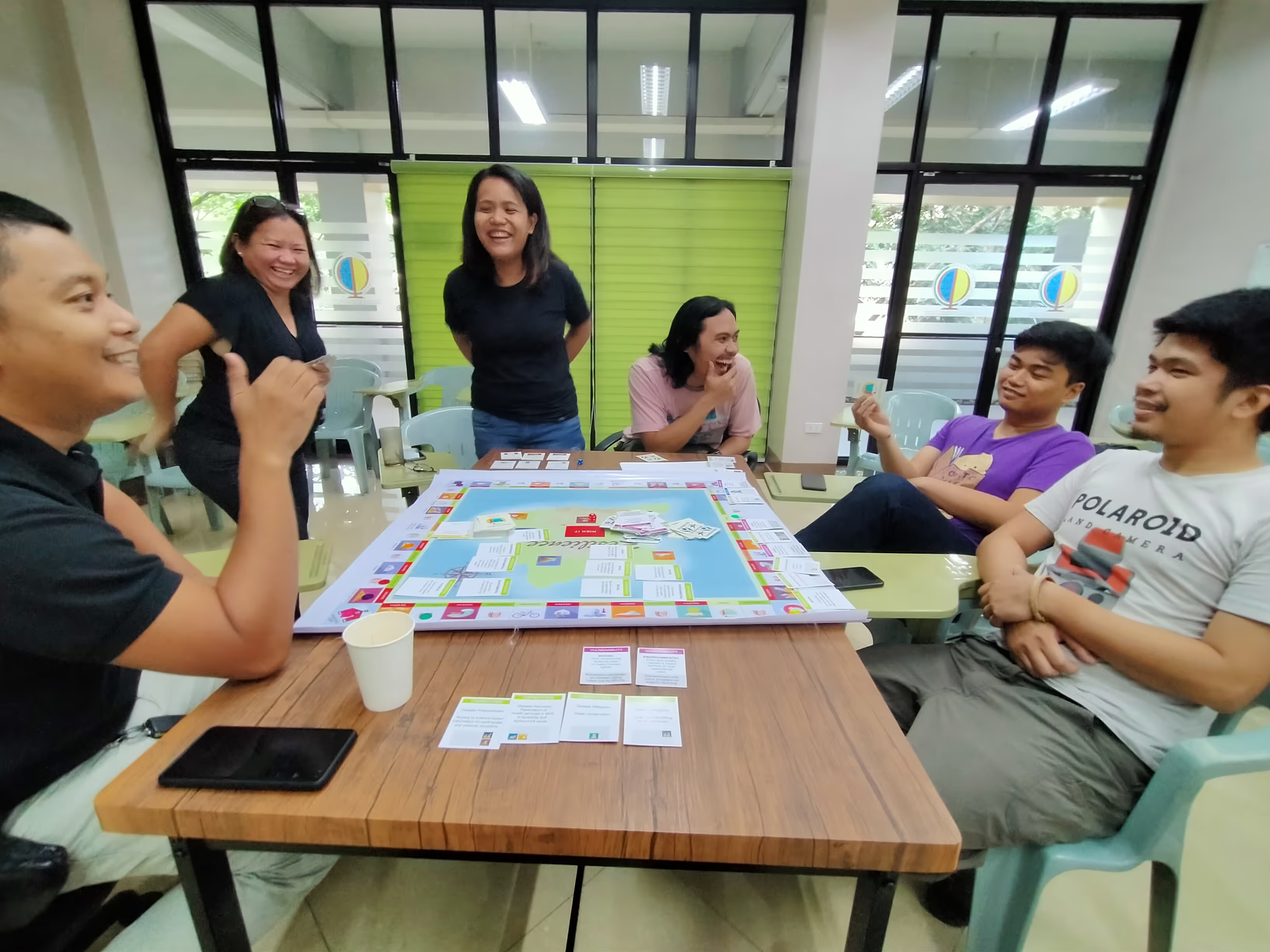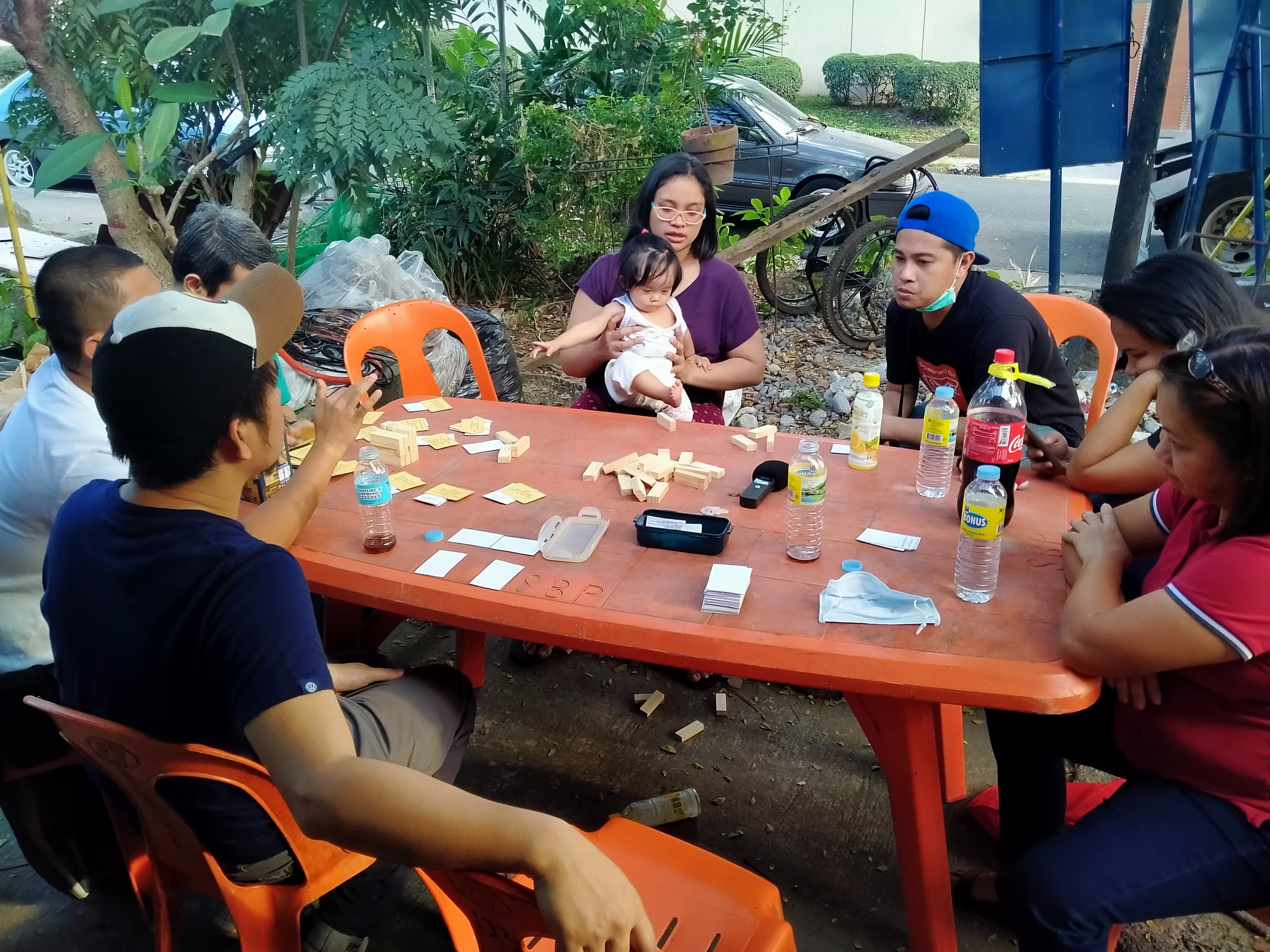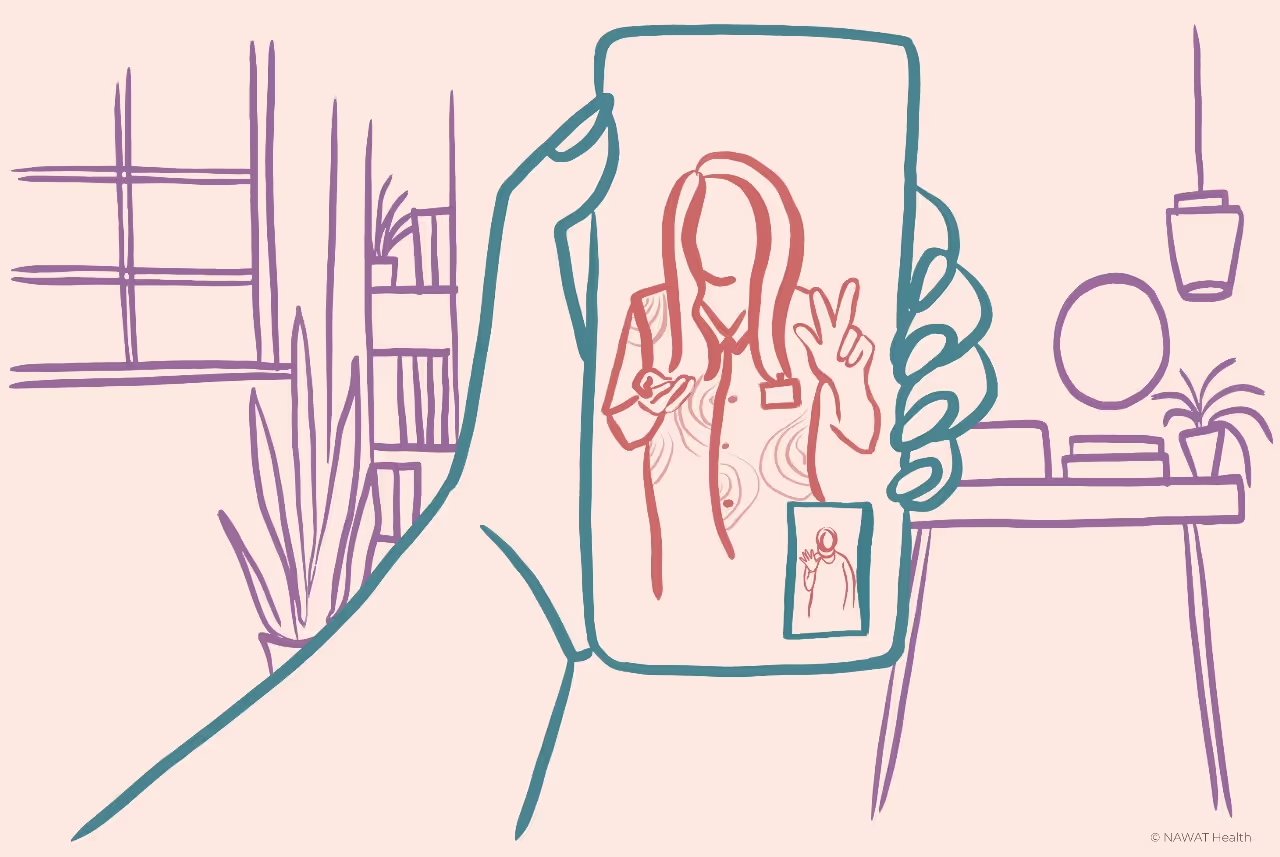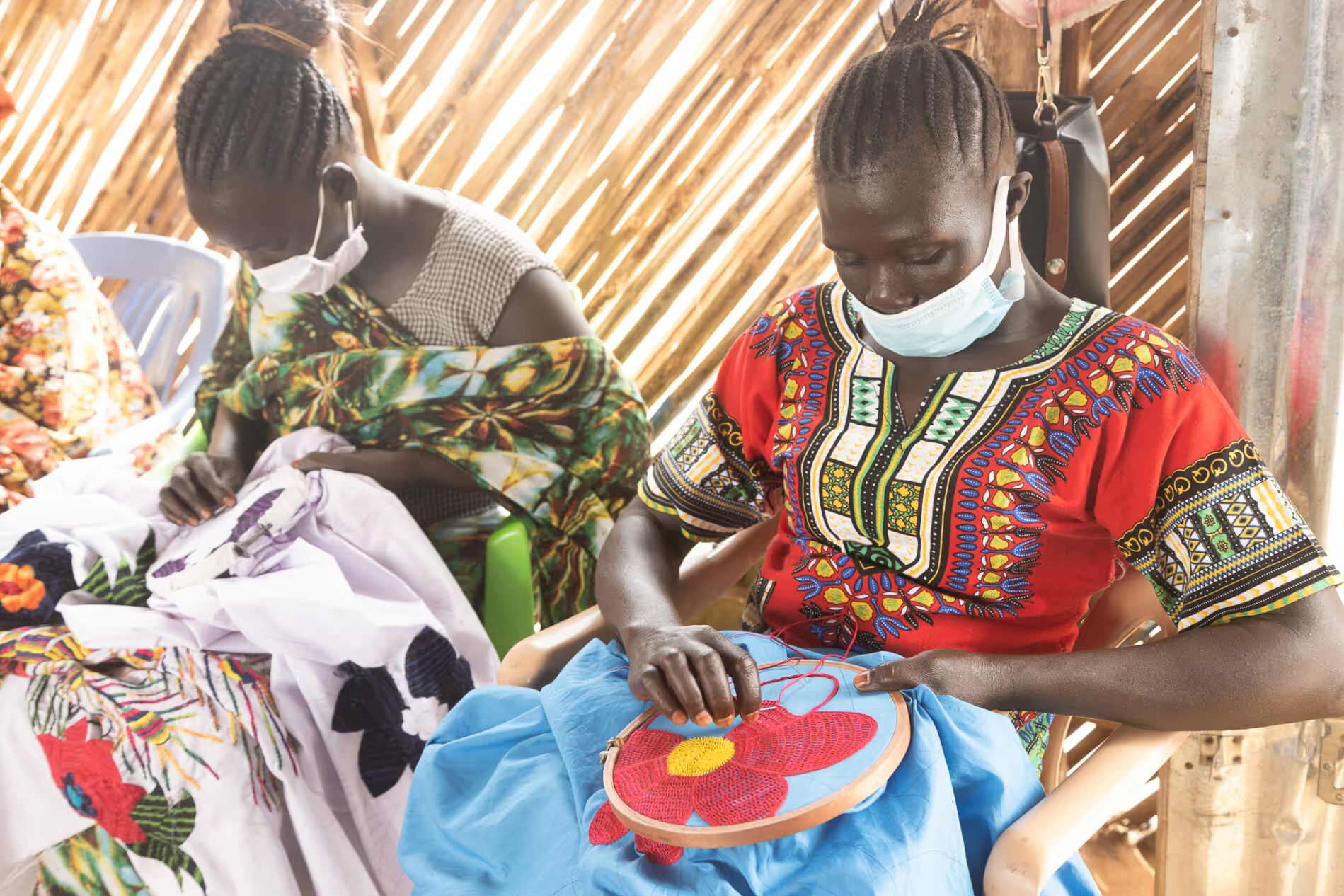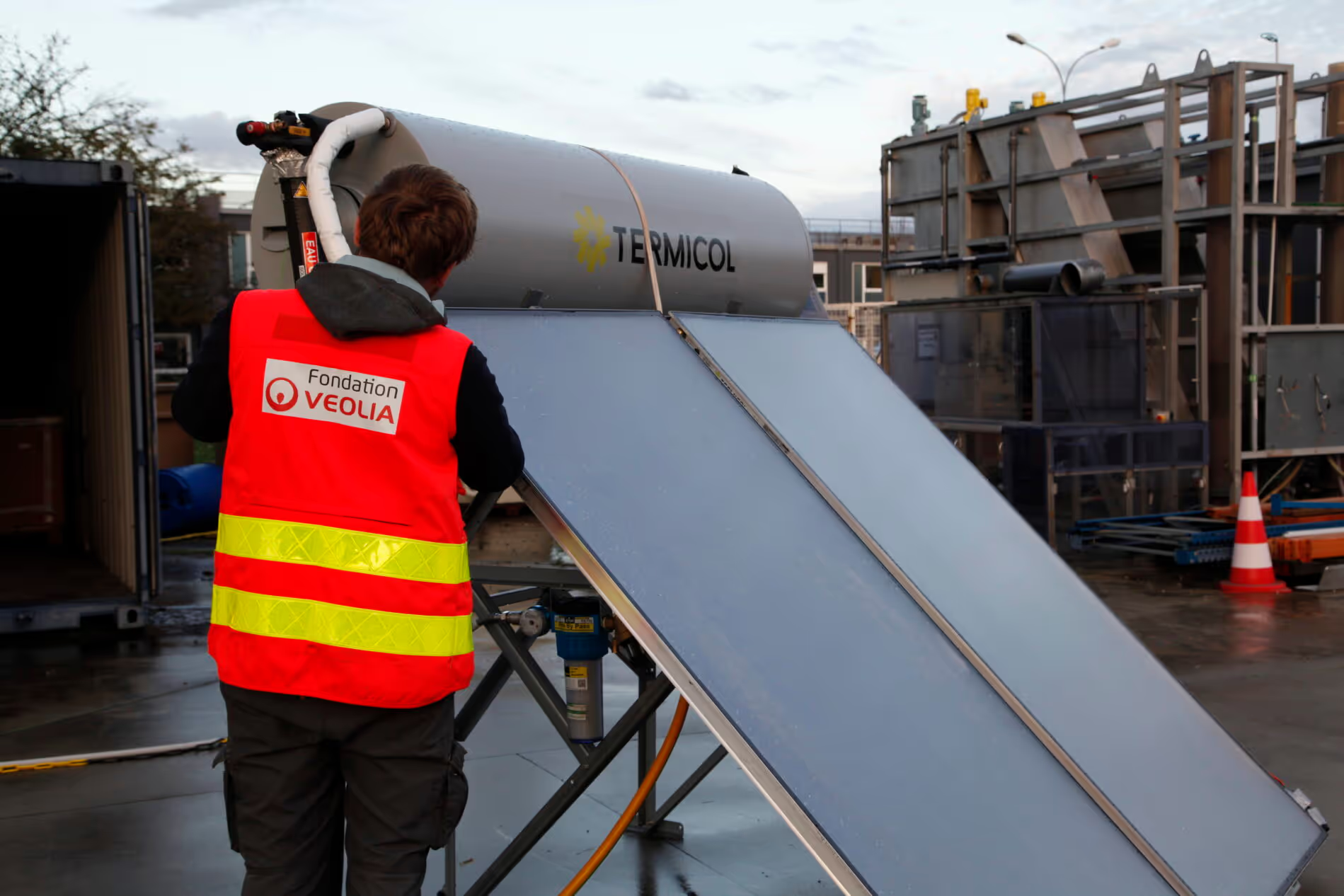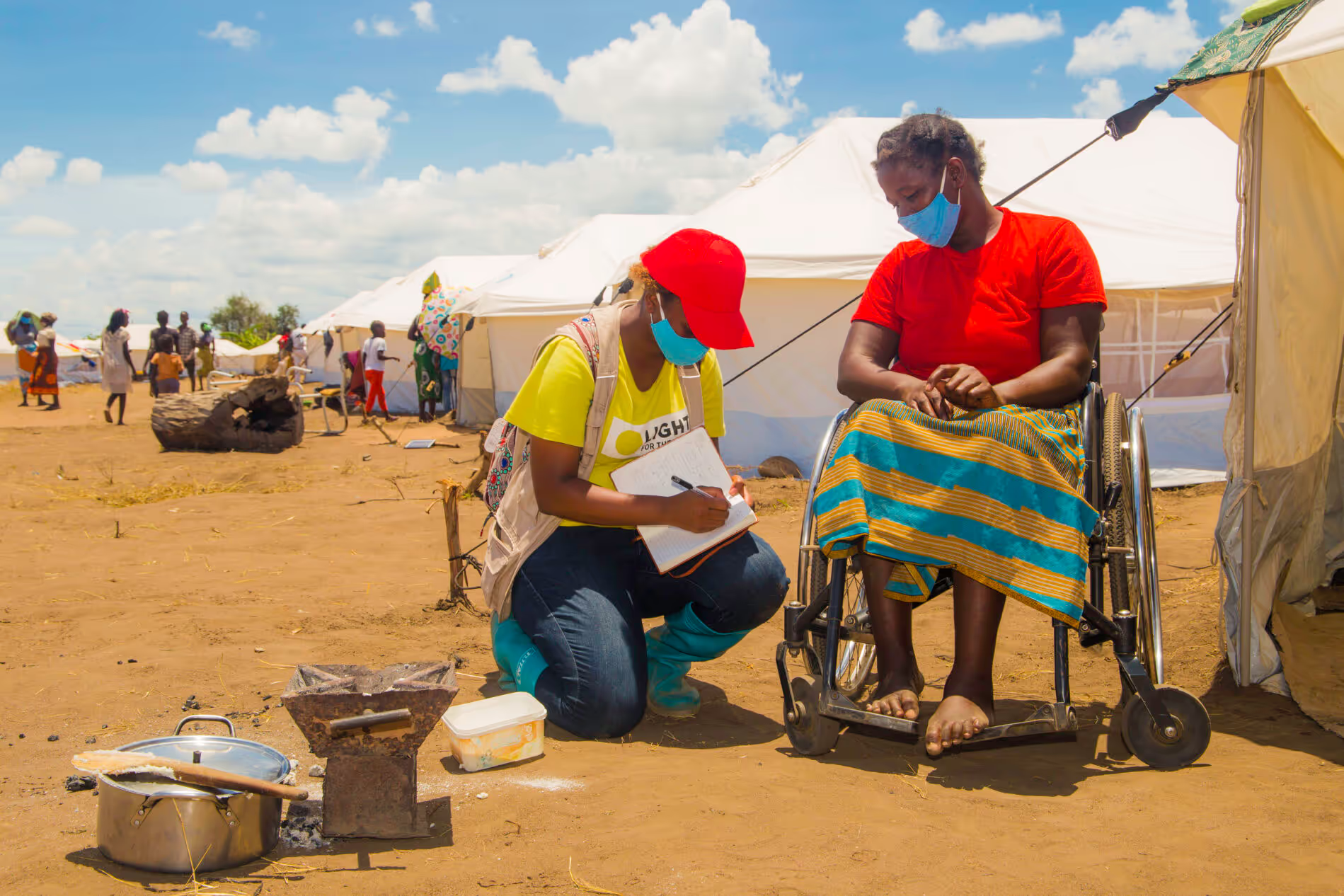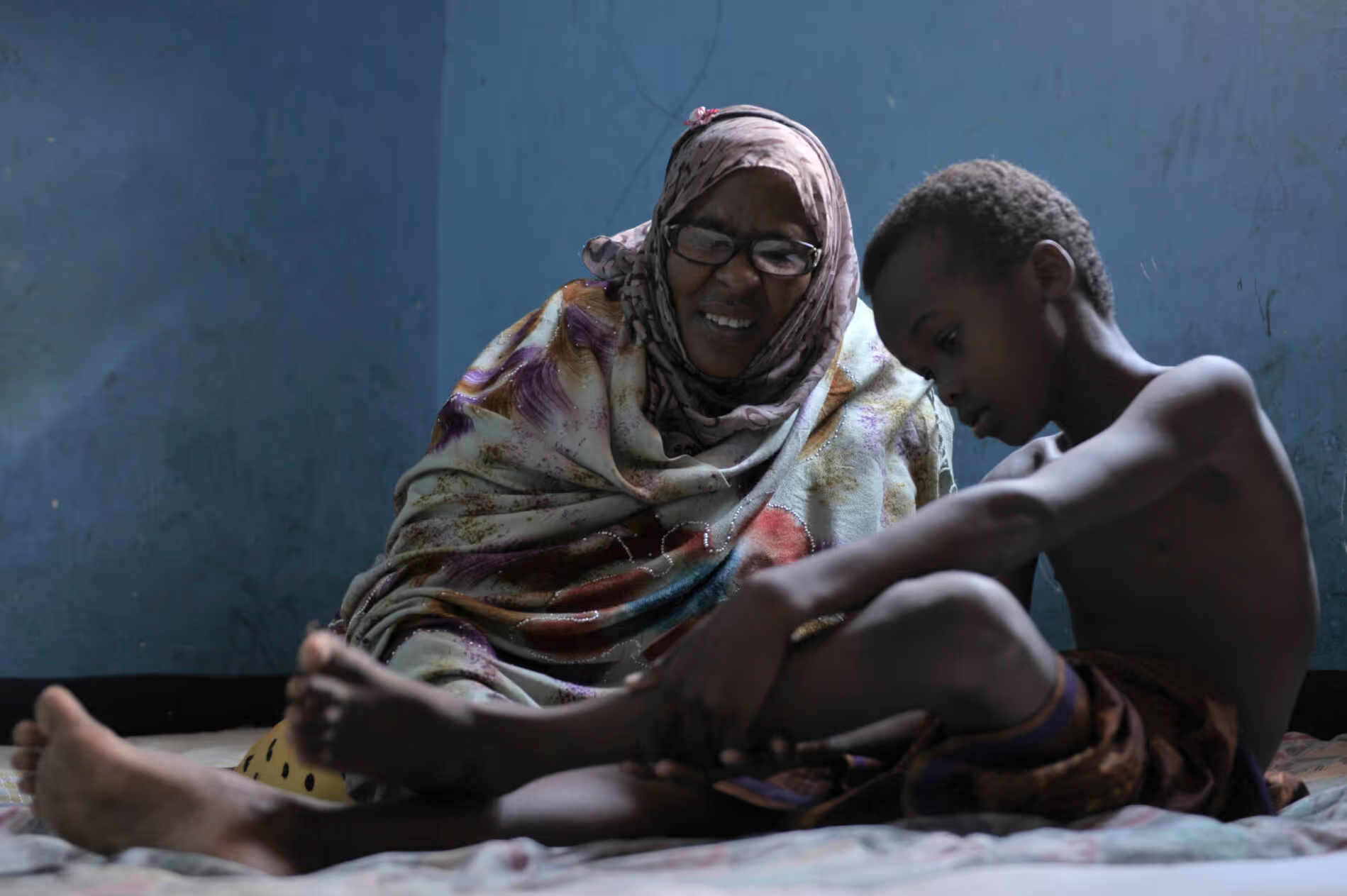Toolkit for Inclusive Disaster Risk Reduction
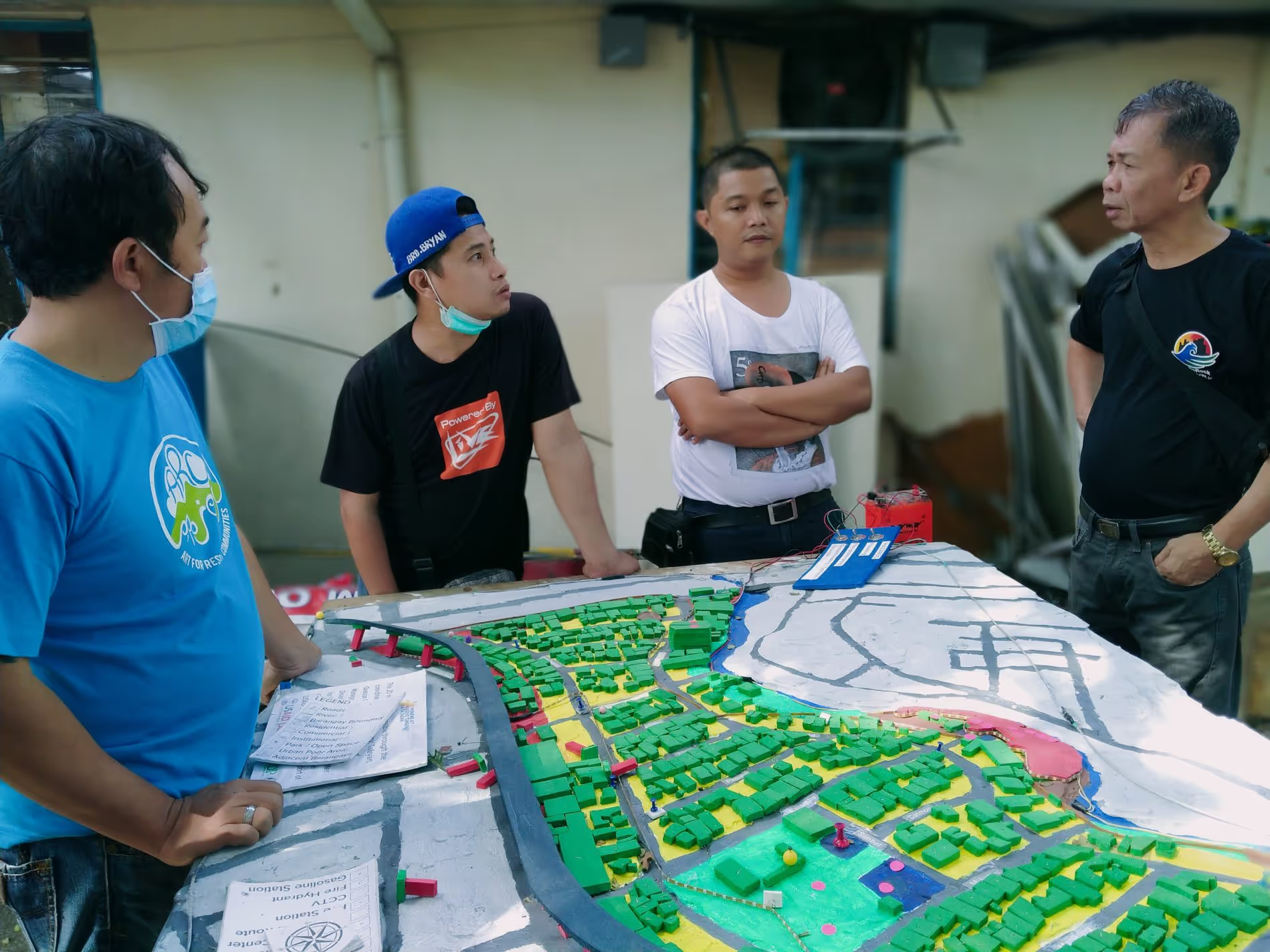
Project overview
PGS and Salikhain Kolektib are creating a tool-kit of creative, participatory, and engaging activities that can be used to make local disaster risk reduction and management planning more inclusive.
Countries
Philippines
Organisations
Philippine Geographical Society
Salkihain Kolektib
Partners
Salkihain Kolektib
Area of funding
Humanitarian Innovation
Grant amount
first grant=£7,764
second grant=£39,203
Start date
End date
Project length (in months)
first grant=13.9
second grant=12.2
Funding calls
No items found.
Focus areas
No items found.
Topics
Disaster Risk Reduction
Status
Closed
Project solution
This project offers [specific solution or intervention] to tackle [challenge]. By implementing [strategies, tools, or innovations], the project aims to achieve [desired outcomes]. The approach is designed to [specific actions or methods] to bring about meaningful change in [community, region, or issue area].
Expected outcomes
This project aims to achieve [specific outcomes], such as [measurable results, improvements, or changes]. The expected impact includes [benefits to the target community, advancements in research or innovation, or long-term effects]. By the end of the project, we anticipate [specific changes or milestones] that will contribute to [broader goals or objectives].
No items found.
What humanitarian need is being addressed?
According to an article published on Relief Web:
Asia-Pacific is the world’s most disaster-prone region, and is home to an estimated 650 million people with disabilities. People with disabilities are four times more likely to die in a disaster than people without disabilities. However, they remain largely unaccounted for in most disaster risk reduction (DRR) plans and policies.
The Maps&;Cards for DRR project focused on the inclusion of persons-with-disability in local DRR planning.
In 2021 Philippine Geographical Society was awarded a second grant for the HIF’s Localisation theme to progress with their innovation. The project addresses the problem of exclusivity in the disaster planning process. The political and social exclusion persons with disabilities have long been a perennial problem in society. With the pandemic in our midst and the risk of more serious disasters coming our way, communities and all sectors must be fully capacitated to be resilient and to deal with the aftermath. Overall, the toolkit addresses one of the core humanitarian principles of leaving no one behind.
What is the innovative solution and how will it improve existing humanitarian practice?
With the first phase of funding from Elrha’s Humanitarian Innovation Fund (HIF), Maps&;Cards for DRR offered an innovative and creative solution to ensure persons with disabilities are part of the DRR planning process. This set of community-based activities ensured that the voices and needs of people with disabilities are heard, considered, and incorporated in local DRRM planning and management – specifically in contingency planning.
With the second phase of funding from Elrha’s Humanitarian Innovation Fund (HIF), the Philippine Geographical Society will focus on the inclusion of the voices of vulnerable sectors in political processes such as planning has long been a problem in society. Despite advances in raising awareness about the needs and inclusion of these sectors – among local authorities, the realization of their right to be heard has yet to be translated into local plans. The innovation is a toolkit of participatory, engaging, and creative activities that communities can use to foster awareness among officials about the importance of social and political inclusion of marginalized sectors in their community and to empower them to have their voices heard in the planning process.
What are the expected outcomes?
In the first phase of funding:
- Research or situational analysis of persons with disabilities in humanitarian context
- Field testing of Participatory 3D Modelling and a card game combined
- Case studies reflecting on the experience of the community and team in piloting the set of community-based activities
In the second phase of funding
Enhancement and scaling-up of the different methods and tools that were developed and had received the most promise for improvement during the previous phase. This includes:
- A card-game for inclusive DRRM
- An online game that can be played on Zoom.
- A participatory photography activity for community members
- A geonarratives and visual mapping activity
These methods are expected to be implemented in three partner villages in the Philippines with the outputs of each activity feeding into their local DRRM plans. Instructional manuals will also be created to make the toolkit more useable to the public.
Photo Credit: Eric S. Sister/PGS
No items found.
Project delivery & updates
Stay up to date with the latest developments from this project. Here, you will find details on what has been delivered, resources created, and regular updates as the project progresses. Access key documents, reports, and other materials to see how the project is making an impact.
No resources/updates have been published yet for this project. Sign up for our newsletter to stay informed about upcoming publications and updates!
Join our Newsletter
Resources
No items found.
Latest updates
No items found.
